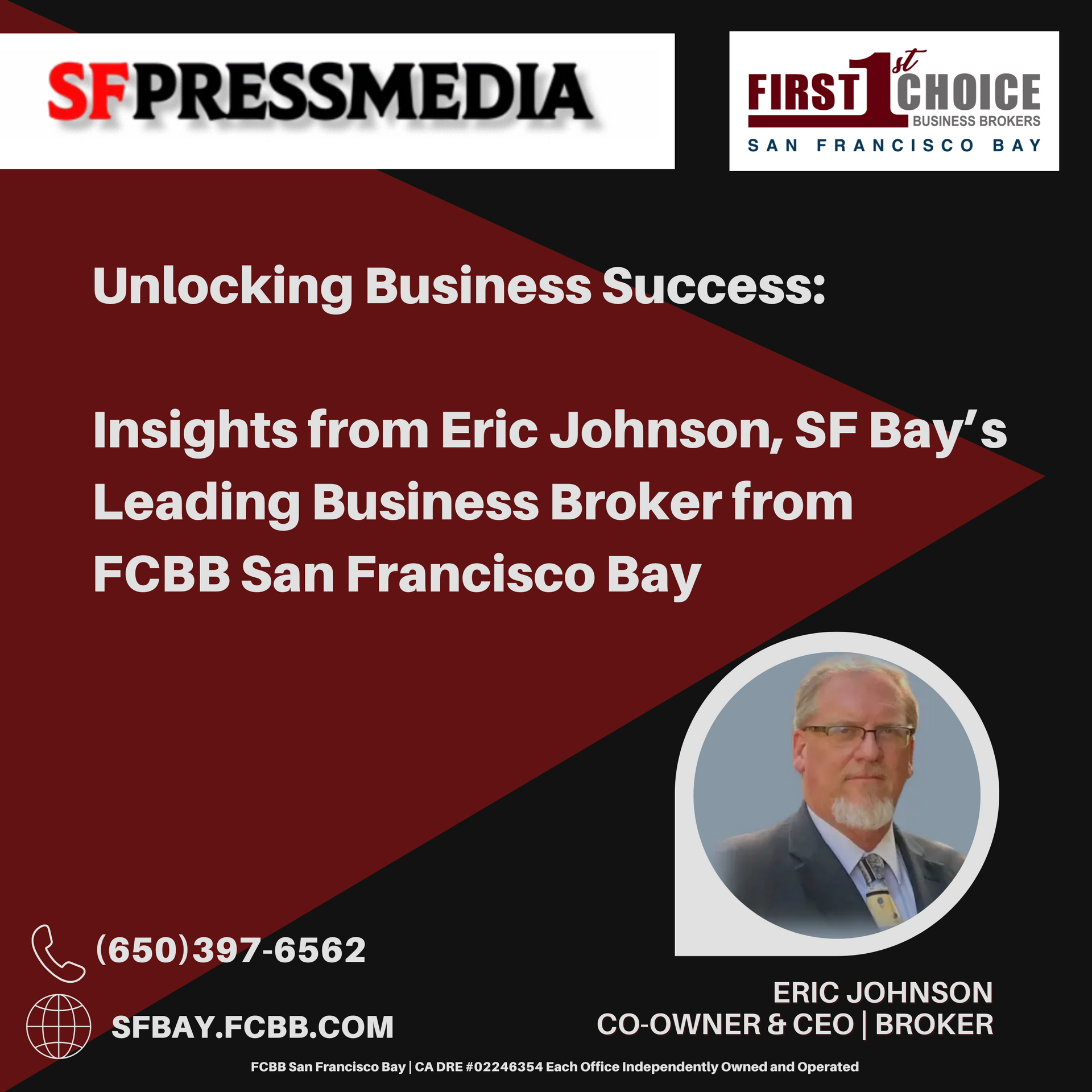Essential Questions to Ask Before Buying Any Business
Purchasing a business is a significant commitment, and the process can be both rewarding and complex. To make the best decision, it’s crucial to ask the right questions upfront. By doing so, you can gain a clear understanding of the business’s financial health, market position, and potential risks, ensuring that your investment is a sound one. Asking these key questions will set the foundation for a successful acquisition and help you avoid common pitfalls when buying a business.
1. Assessing the Financial Health of the Business
The financial health of a business is a critical indicator of its current stability and future profitability. Begin by reviewing the balance sheet, income statements, real estate and equipment leases, and cash flow reports for the past few years. Are there any concerning trends, such as declining profits or inconsistent revenue streams? Understanding the financial performance will give you insight into whether the business is sustainable in the long run.
Although most small businesses are sold on a cash free, debt free basis, some may not be. It's thenalso important to examine the business’s debt structure. Are there any outstanding liabilities that could affect future profitability? Assessing financial health thoroughly will help you avoid inheriting a business with hidden financial risks.
2. Understanding the Market Position and Competitors
A business's position within its market plays a vital role in its long-term success. To evaluate this, investigate its market share and key competitors. Is the business an industry leader, or does it hold a smaller, more niche position? Understanding how the business stands relative to its competitors will provide insight into its resilience and potential for growth.
Additionally, consider any broader industry trends. Is the market growing or declining? Are there new technologies or disruptions that could affect future demand? This analysis will help you determine if the business has strong growth potential or if it might face challenges staying competitive.
3. Analyzing the Owner’s Role and Transition Plan
When buying a business, understanding the current owner’s role is crucial for ensuring a smooth transition. Is the owner heavily involved in day-to-day operations, or is there a management team in place that can help maintain continuity? Knowing the owner's responsibilities will allow you to assess whether the business can function independently after the sale.
Furthermore, ask about the transition plan. Will the current owner stay on temporarily to assist with the handover? A well-thought-out transition plan can minimize disruptions and help retain key employees and customers.
4. Evaluating Legal or Regulatory Issues
Legal and regulatory compliance is another critical area to investigate before purchasing a business. Ensure that the business has all the necessary licenses and permits and is in full compliance with local, state, and federal regulations. Additionally, review any contracts with suppliers, customers, and employees to ensure that they are legally binding and will remain intact after the sale.
It's also essential to check for any ongoing or past legal disputes. Pending lawsuits or regulatory issues can pose significant financial risks, so it’s wise to have a legal expert review all documentation to avoid unexpected liabilities.
Conclusion:
By asking these essential questions, you can gain a comprehensive understanding of the business you’re considering purchasing. This due diligence will help you identify potential risks and opportunities, ensuring your investment aligns with your long-term goals. To explore more about
key considerations when buying a business, visit our comprehensive guide on the subject. As always, we recommend leveraging experts to help you navigate the process. Accountants, lawyers and business brokers assist buyers to avoid common pitfalls and have a vast network of specialists that can steer you away from trouble long before it poses a significant financial risk.

Recent Articles For You







